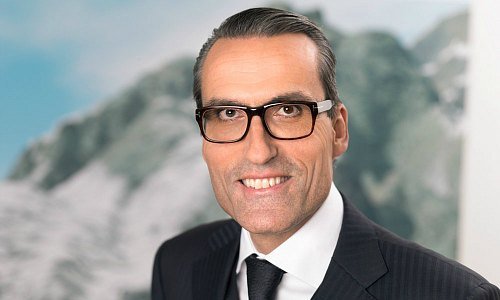UBS has the biggest number of billionaires among its clientele – but this is not paying off quite as it is intended to do. The super-rich prefer to make their own investment deals.
Since the merger of the wealth management divisions, UBS has been focusing ever more on the exclusive circle of super-rich – or what is known as the ultra-high net worth individuals, people with more than $50 million in assets.
Has the strategy paid off? Revenues are not growing substantially and profitability isn’t quite where it ought to be, as finews.com concluded recently.
Trend Accelerating
The clients are part of the problem: they aren’t using the services provided by the bank to any larger extent and often seem to view UBS as a safe deposit for their money. By and large, the super-rich are using their own networks of family offices and hedge funds to place their investments and transactions, services that generate a large chunk of the income of a bank.
As the head of the so-called UHNW business at UBS, Josef «Joe» Stadler (pictured below) is the banker most vulnerable to the phenomenon. «We have been looking at this trend for years now, but it’s accelerating,» Stadler told «Bloomberg». «For banking that could become the digitalization event for Kodak if we are not preparing ourselves.»

Kodak's Bust
Eastman Kodak, the once-famous and successful maker of photography products, was the first victim of digitization and went bust: it failed to anticipate the trend to digital cameras.
UBS, alongside many private banks, faces two main challenges today. First of all, the rich are tending to manage their asset personally, founding a so-called family office for the purpose. Secondly, they are looking for profitable investment opportunities outside the mainstream, in private market, venture capital and private equity business segments.
Professional Advice Firms
About one-third of all assets of the very rich are currently tied up in private deals, a study compiled by UBS and research firm Campden Wealth showed. Family offices have gained massive experience in recent years and are investing heavily in their know-how.
Today family offices are on an equal footing with highly skilled investment firms, buying stakes in companies and real estate alone or in cooperation with others.
Regulatory Limits
The advantages of the family offices in comparison with established banks are straightforward: the rich and their families control their assets and investments themselves. They choose among available options, keeping fees and commission at a minimum and help family members get a position on the boards of the firm they invest in.
For banks, regulation is holding them back. Clients first have to be vetted at great length, making sure they qualify for direct or private deals and that they know the risks involved. The banks have to conduct the tests even though they are necessary in the fewest of cases, according to Stadler.
Put Off by Process
The clients are put off by the vetting process, and «suddenly, you have no business,» Stadler told «Bloomberg». Therefore, banks have to develop their own deal platforms and develop investment criteria to remain relevant for a demanding clientele.
UBS is doing just that. The Swiss bank is organizing networking events for the rich. Rival BNP Paribas is offering a platform for co-investments to its wealthy clients – examples of how the banking industry can react to the developments in the industry. UBS, Stadler is convinced, is in a position to bring both buyers and sellers to one table.



































